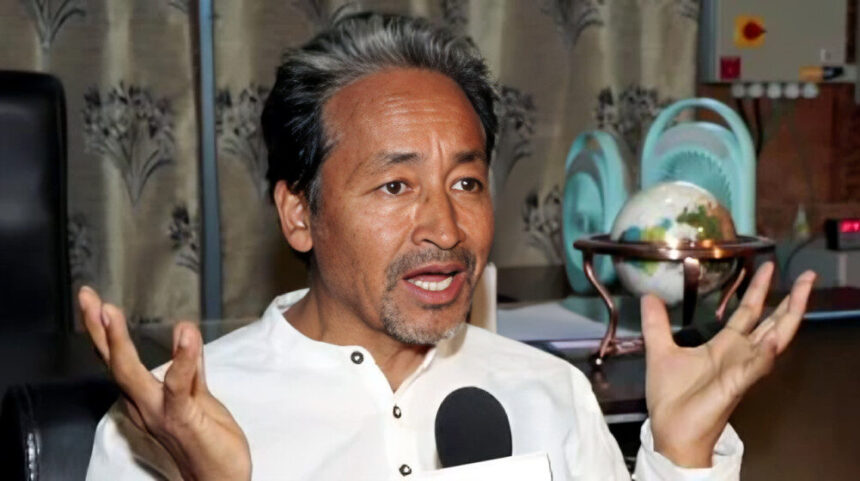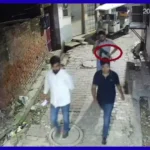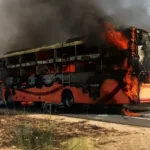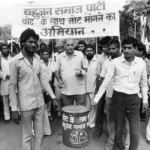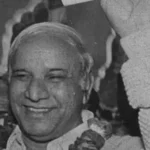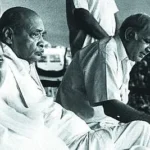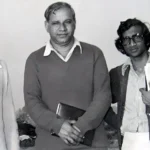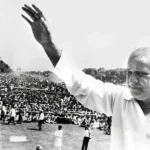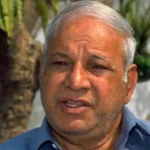Sonam Wangchuk Detained: What Happened
Sonam Wangchuk, a well-known climate activist and leader from Ladakh, was detained by police under the National Security Act (NSA) on September 26, 2025, following violent protests in Leh. The protests were centered around demands for Ladakh’s statehood and the region’s inclusion under the Sixth Schedule of the Indian Constitution, which provides certain autonomous rights to tribal areas. Wangchuk and the Leh Apex Body had started a fast on September 10 to push these demands, hoping for peaceful dialogue with the government. However, on September 24, the situation in Leh escalated as clashes broke out, resulting in four deaths and more than 80 injuries. The local BJP office was set on fire, and several vehicles were torched during the unrest. The government accused Wangchuk of provoking these protests through his speeches and social media, saying they influenced the violence and public disorder. Authorities stated that his references to other global uprisings, such as the Nepal agitation and the Arab Spring, further incited the crowd.
Why Was NSA Used Against Wangchuk?
The National Security Act allows authorities to detain individuals seen as threats to public order or national security, even before any actual crime is committed. This law has been used in the past against separatists, gangsters, and radical preachers. In Wangchuk’s case, officials claimed that his activities and speeches were “prejudicial to the maintenance of public order,” especially after the violence erupted during the protests. The administration justified the NSA detention as vital to restore normalcy and prevent further unrest in the peace-loving Leh area. They also imposed strict curfews and banned gatherings of more than five people to prevent fresh protests or violence. Defense has argued that Wangchuk’s protest methods were peaceful and Gandhian, and that he appealed for calm when violence started. Nevertheless, the authorities moved him over 1,000 kilometers away to Jodhpur Central Jail for detention.
Reactions and Current Situation
Wangchuk’s detention has drawn strong criticism from political leaders and civil society, who say it is unfair and an attack on democracy. Supporters point out his peaceful advocacy for Ladakh’s indigenous rights and his contributions to education and climate change solutions. Internet services were suspended in Leh following his arrest. Educational institutions were temporarily closed, and protests were banned. The Leh Apex Body and various political groups have demanded his release, while candlelight vigils and solidarity marches have been planned in other cities. Despite these tensions, the situation in Ladakh remains under tight security, with continued restrictions on public gatherings.



